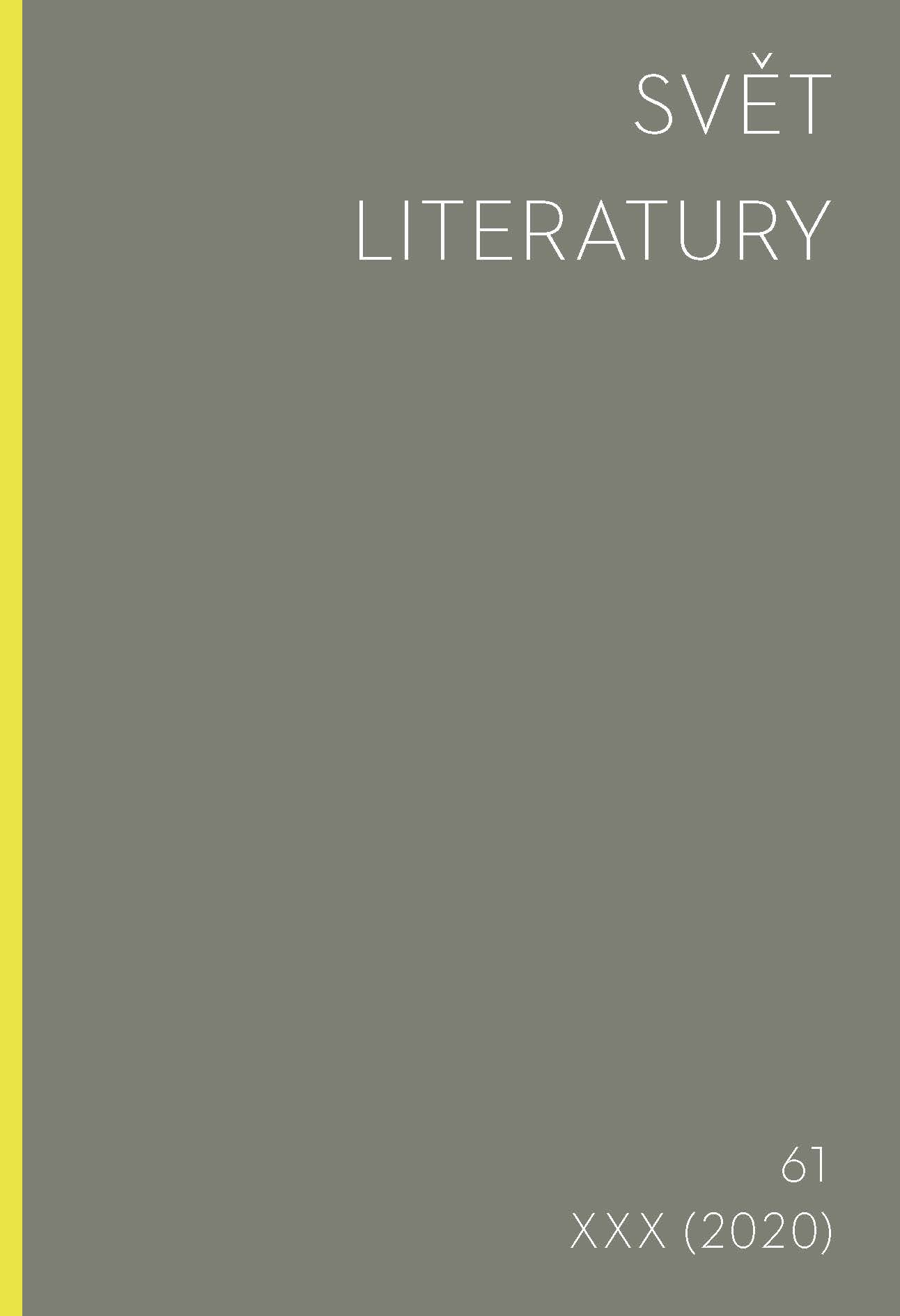Kde je Vôľa, tam je Cesta: filozofická metafora v Švantnerovom Živote bez konca
WHERE THERE’S A WILL, THERE’S A WAY: PHILOSOPHICAL METAPHOR IN ŠVANTNER’S A LIFE WITHOUT END
Author(s): Jana KuzmíkováSubject(s): Philosophy, Slovak Literature
Published by: Univerzita Karlova v Praze - Filozofická fakulta, Vydavatelství
Keywords: Taoism; Henri Bergson;Arthur Schopenhauer;Friedrich Nietzsche;philosophical metaphor
Summary/Abstract: The study analyzes the philosophical and religious dimensions of the novel Život bez konca (A Life without End, 1956) by the Slovak writer František Švantner (1912–1950). It argues that they are derived from Taoism (as an original source also of its later European adaptations). The study compares Švantner’s imagination with Taoism and further analyzes its intertextuality with A. Schopenhauer, H. Bergson and F. Nietzsche. These philosophical projections are recognized in philosophical metaphors that are the key supporting elements of the cognitive architecture of the novel and support the Taoist perspective. One of the novel’s Taoist principles are invocations of examples of earthly life, which Švantner executes by realistically representing life on the river Hron in early 20th century. In this way his writing paradoxically conforms with the ideological prescriptions of (socialist) realism, even though his inspiration was not marxism, but irrationalist philosophy. This philosophical conflict complicated aesthetic and stylistic assessments of the novel. Their contradictions can be explained by a philosophical (especially the novel’s Taoist dimension) rather than a literary interpretation.
Journal: Svět literatury
- Issue Year: XXX/2020
- Issue No: 61
- Page Range: 49-63
- Page Count: 15
- Language: Slovak

